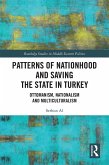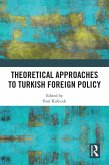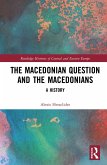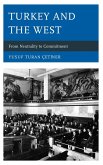What explains the persistence and change in state policies toward minorities and nationhood? Under what conditions do states change their policies toward minorities? Why do the state elites reconsider the state-minority relations and change government policies toward nationhood? Adopting a comparative-historical analysis, the book unpacks these research questions and builds a theoretical framework by looking at three paradigmatic policy changes: Ottomanism in the mid-19th century, Turkish nationalism in the early 1920s, and multiculturalism in Turkey in the early 2000s. While the book reveals the role of international context, intrastate elite competition, and non-state actors in such policy changes, it argues that state elites adopt either exclusionary or inclusionary policies based on the idea of "survival of the state."
The book is primarily an important contribution to studies in ethnicity and nationalism. It is also an essential resource for students and scholars interested in Comparative Politics, Middle East Studies, the Ottoman Empire, and Turkey.
Dieser Download kann aus rechtlichen Gründen nur mit Rechnungsadresse in A, B, BG, CY, CZ, D, DK, EW, E, FIN, F, GR, HR, H, IRL, I, LT, L, LR, M, NL, PL, P, R, S, SLO, SK ausgeliefert werden.









